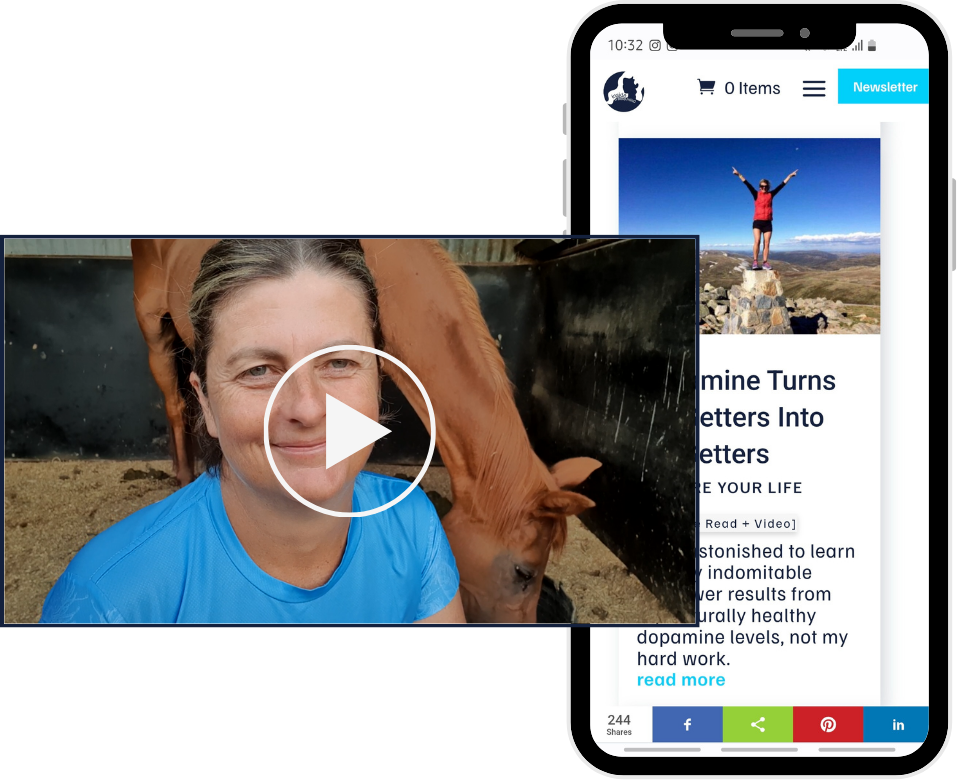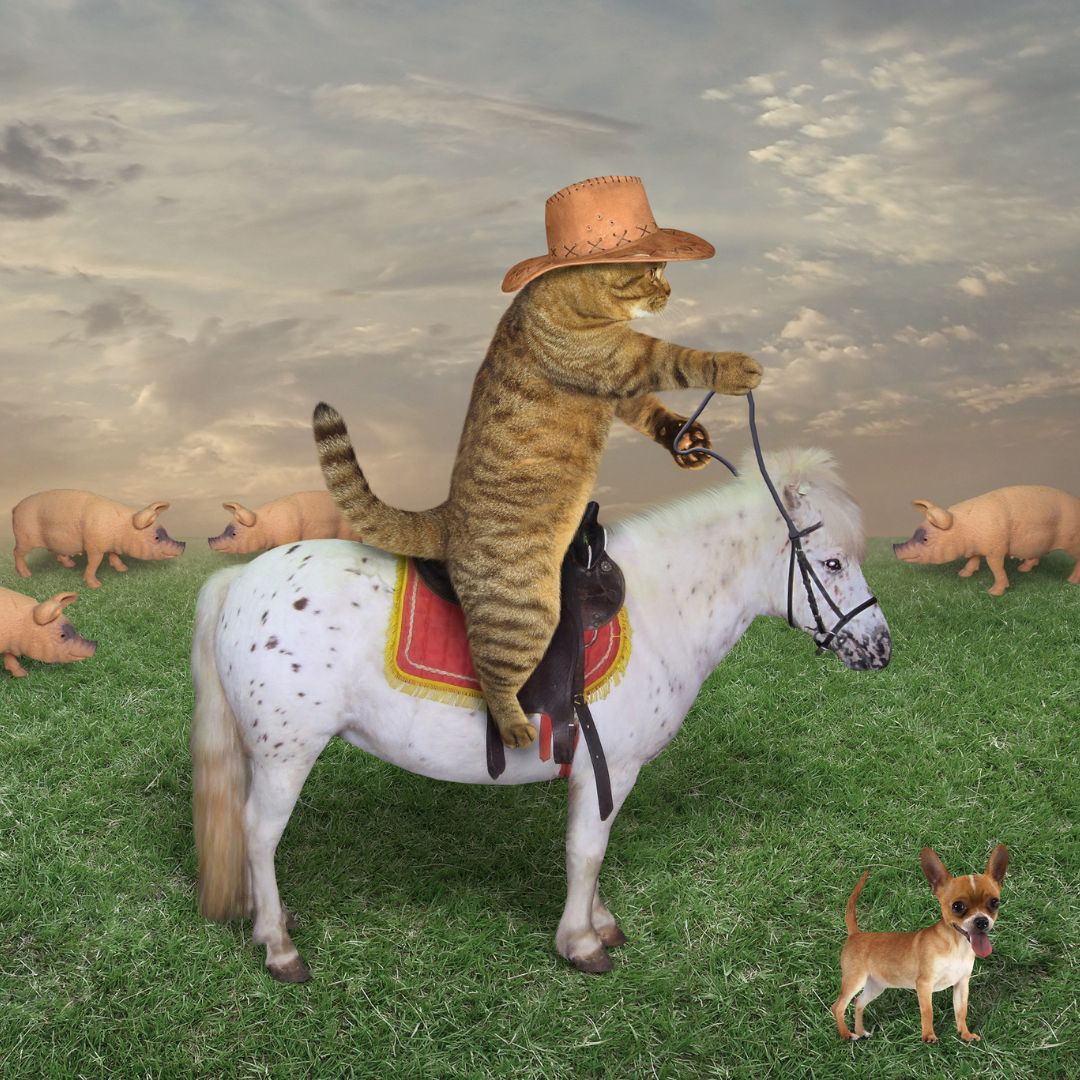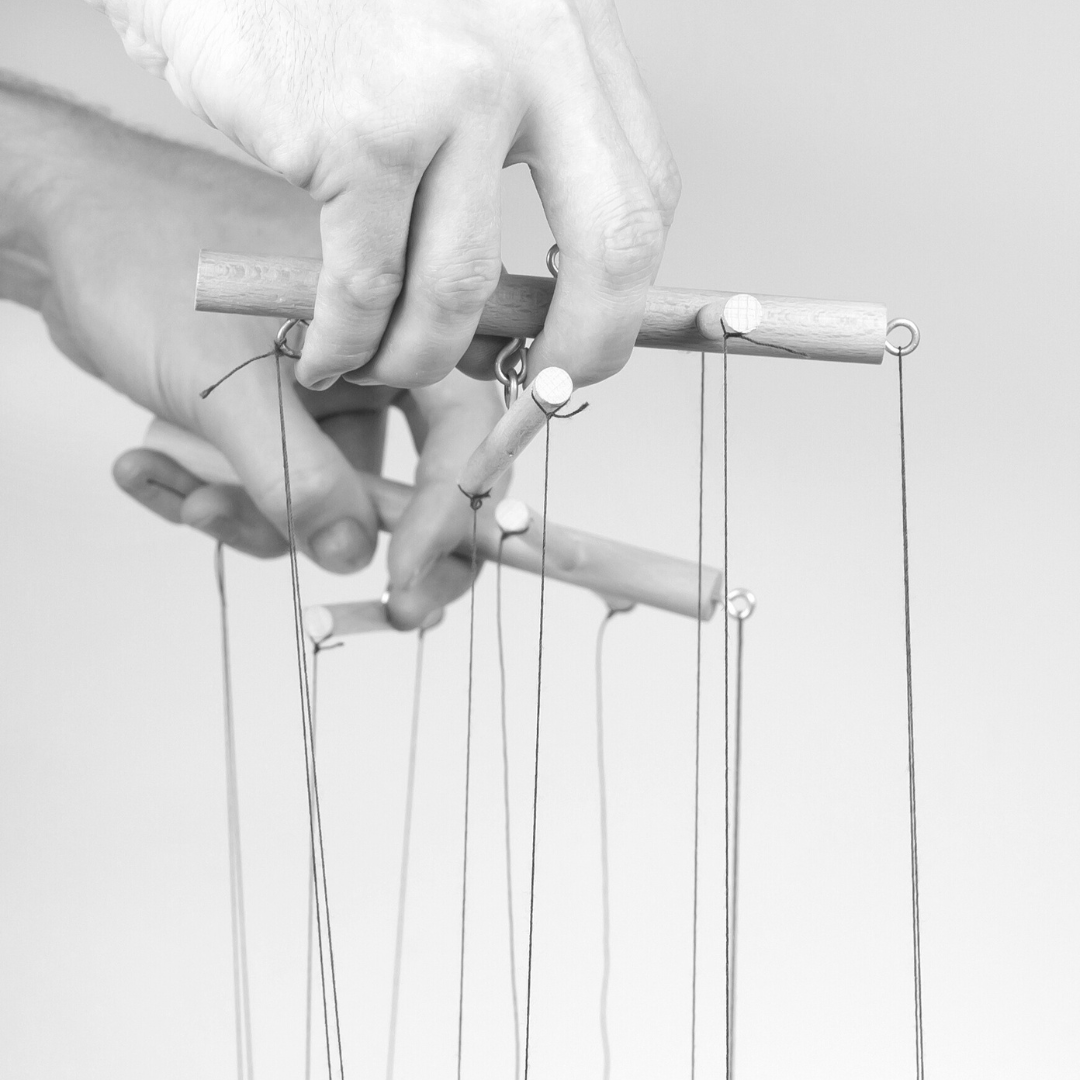What Did Old-School Toughness Ever Achieve?
Forget adding a spoonful of cement to your cereal – ‘hardening up’ isn’t the way to achieve peak performance. Instead, accepting things as they are is the true gateway to succeeding in the face of a difficult challenge.
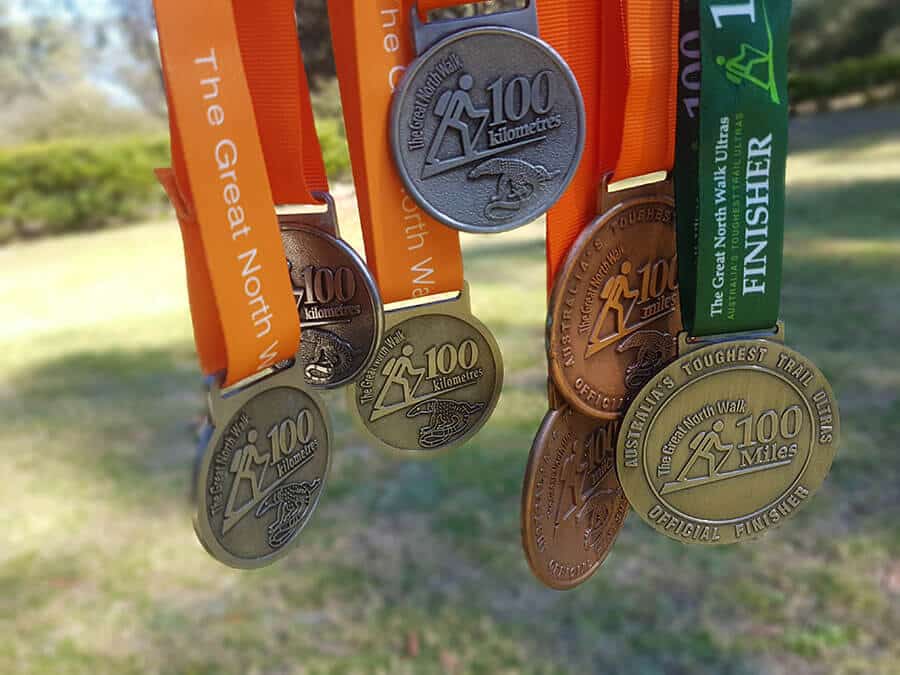
My urge to run long has returned.
Today’s forecast said the summer heat would soar to 35°C. (95°F) but it still didn’t put me off wanting to run along the dirt road to the small town of Gulgong, NSW this morning. There was no great purpose to the outing; I just wanted to go for a long run, around 40km, and I felt joyful simply because I had that urge.
As I headed out the door, I felt relaxed and at peace with the journey ahead. I wasn’t living in a state of denial about the high temperatures, the flies or the dust: instead, I was putting into practice one of the most important skills I learned from running.
QUICK HACK
Research has shown that regular meditation increases dopamine levels by 65% and that will give you the energy to power on. Try it using the 2-Minute Motivation Rejuventator.
In early 2019, I revealed that I was retiring from ultramarathon running. The sense of purpose the sport once gave me had dissipated and my passion had slipped away with it. Since then, my running has been sporadic at best; I’ve racked up only one marathon and gained 10kg.
Contrary to what many running addicts will tell you, life without the discipline of running has been quite lovely. Balance has returned to my life: I have more family time and the opportunity to explore new interests. I’ve had time to reflect on the course of my life and redefine its direction.
In fact, if I hadn’t retired from ultramarathons, I wouldn’t now be sitting here typing this. I’ve indulged in all the things that were limited in my life when I was running extraordinary distances.
Even so, I think I always knew deep inside that the urge to run long would return one day.
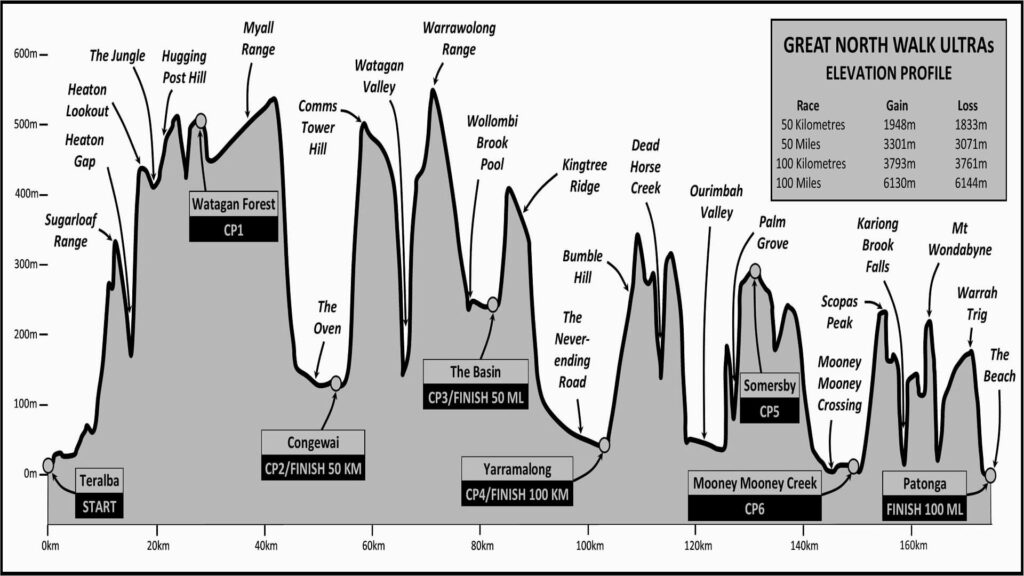
Old-school toughness has its limits
Fourteen years ago, I successfully finished my first 100km race. I remember standing on the start line in 2009, totally freaked out. I planned to cross the finish line within the 22-hour cut off but standing between me and that goal was 100km of hilly trail and predicted temperatures above 40°C.
Toughness is our ability to cope with adversity and difficult situations. Back then, an old-school version of toughness dominated. Men and women alike told each other to “swallow a cement pill” and “suck it up” – even celebrating when athletes pushed their bodies to the point of destruction.
No pain, no gain.
Do or die.
All very macho.
Remember, this was happening in the context of weekend races. People weren’t fighting for their lives they were just playing as if that was the case.
I chose to buy into the attitude at the time because these people were the loudest voices in the sport, and I was the newbie wanting to learn. It got me a quite a long way – 125km to be exact – but then the wheels fell off.
There is only so much you can achieve with old-school toughness. Ultimately, it’s a performance-limiting, rather than performance-enhancing, belief system.
It limits performance because it perceives the challenge ahead as a threat – an enemy that must be conquered. Looking at the world through this filter activates the survival mechanism in your mind and pushes you into the low-functioning, primal brain, detaching you from the analytical, problem-solving, creative area of your brain which is the source of your higher performance capabilities.
There is a point at which the enemy and the battle ahead will become too big and too difficult for the primal brain to prevail, and it will either avoid the encounter or surrender.
As I stood on the start line of my first 100km race, a war raged in my mind. It sounded something like this:
“It’s 6am and I already feel hot. How am I going to survive this?”
“Stop being such a wimp.”
“I’m feeling nervous.”
“Why did I even think I could do this?”
“I shouldn’t have skipped that training session.”
“I’m not ready. I’m not tough enough.”
I sucked it up, fought through the fear and finished the race before the cut-off. I returned the following year and was the first and only female to cross the finish line in what proved to be the hottest race on record.
In my third year, I decided to step up the distance and made my first attempt on the 173km version of the race. At the start line I felt intimidated by the challenge ahead. Outwardly I smiled and cracked jokes, not wanting to appear weak. Inside, my stomach churned, and the same nervous voice started blabbering inside my mind.
Around 2am, 20 hours into the race, bombarded by the effects of sleep deprivation and exhaustion, my bravado failed, and the nagging voice of self-doubt took hold.
I arrived at the 125km checkpoint vomiting and delirious, and that’s where my race ended.
Accepting reality is the gateway to higher performance
This week, I’ve been listening to Do Hard Things by Steve Magness on Audible. I’m going to flag right up front that I’m in love with this book – mainly because it confirms much of what I’ve learned and experienced in the decade since that failed race. As Steve summarises in a tweet:
“Resilience starts with acceptance. Accepting the reality of a difficult situation and our capabilities to respond to it. Contrary to conventional wisdom, we need not suck it up or bulldoze through the obstacle that is in front of us.” (https://twitter.com/stevemagness/status/1412764491549454339?lang=en)
Have you ever noticed that you’re much more effective when you have the facts of a situation, rather than working on hearsay?
Imagine that you’ve received the news that a friend has been hurt. Without the facts, your mind will start imagining worst-case scenarios: this can lead you to feel panicked and unable to think clearly as you rush to be by their side.
However, once you have the facts – the nature of the injury, treatment options, etc – you are calmer, can think clearly again and can respond better.
Old-school toughness cuts short the fact-gathering process in your mind. When your gut instinct says “I’m not ready for this”, instead of asking for details like “Why do you feel that?” or “What are some options?”, it tells that inner voice to shut up, toughen up and get on with it. It leaves your brain stranded without answers – which eventually degenerates into gut-wrenching fear.
Steve Magness is not the first to explore this theme. Tara Brach shares a similar philosophy in her book Radical Acceptance.
“It is believed that in the midst of a fight, a bull can find his own particular area of safety in the arena. There he can reclaim his strength and power. This place and inner state are called his querencia. As long as the bull remains enraged and reactive, the matador is in charge. Yet when he finds his querencia, he gathers his strength and loses his fear. From the matador’s perspective, at this point the bull is truly dangerous, for he has tapped into his power.”
― Tara Brach, Radical Acceptance: Embracing Your Life with the Heart of a Buddha
It took me years to work out how to swap out that old-school toughness for the more useful skill of acceptance – and I stacked up a few more failed races in the process. I’d love to be able to give you a five-step formula for making it happen, but it’s not that simple.
But what I can say is that like all great journeys, it starts with the singular decision to explore an alternative path.
Inside A Bold Mind shares authentic and relatable stories on achieving goals, self-discovery and conquering fear that will rejuvenate your self-belief and motivation to pursue bold goals. Subscribe to receive newly released stories.


